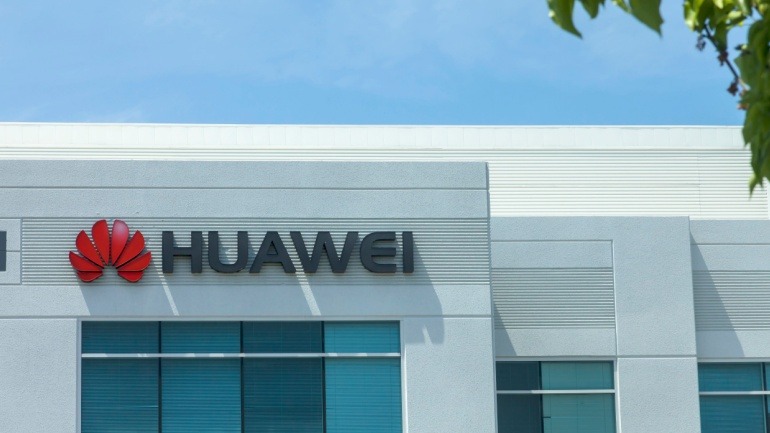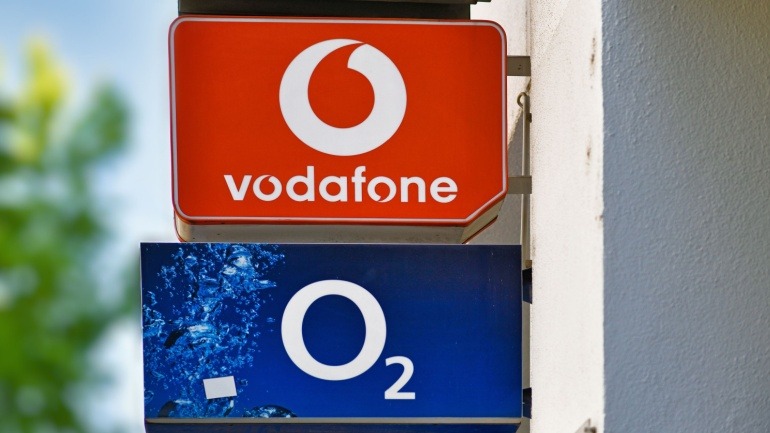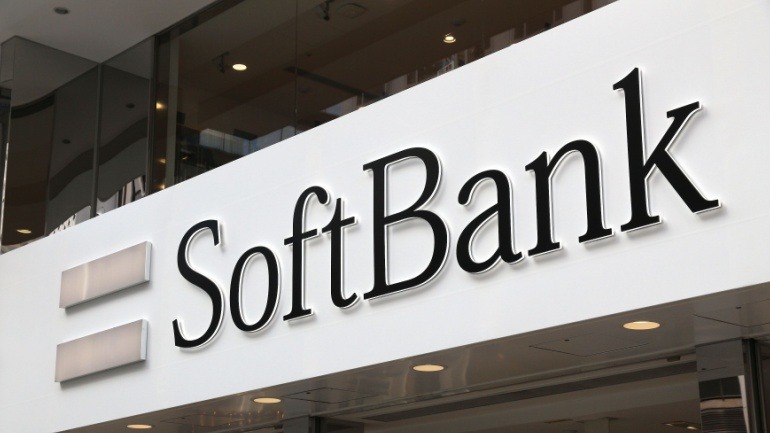The Finnish telecom equipment manufacturer Nokia has officially announced that its plant in Chennai, Southern India, has started manufacturing their 5G New Radio (NR) based on the 3GPP 5G New Radio Release 15 standard. “This is another big leap towards the ‘Make in India’ vision as our factory continues to contribute to the Indian economy and the country’s growing profile as a manufacturing and engineering hub. Nokia was the first to leverage the skills and capabilities in India and start manufacturing telecom networks equipment in the country in 2008, and develop the local supply chain for various components. We are now pioneering 5G manufacturing in the country, making India and the world ready for 5G,” commented the senior vice president and head of the India Market at Nokia, Sanjay Malik. Nokia’s factory in Chennai has maintained its position as one of largest and leading plants in the country by…
Nokia has signed an agreement with the European Investment Bank (EIB) for a loan of 500 million Euros (572 million US dollars) to accelerate the development of cutting edge 5G technology. This loan, supported by the European Fund for Strategic Investments (EFSI), will present opportunities for the Finnish telecom equipment manufacturer to invest in the research, development and innovation of the soon-to-be telecommunication standard technology, thereby expanding the market and displaying the potential of 5G in Europe. “We have to understand that China and the US have moved fast with the 5G. It is very important to have European companies going in for this competition,” commented the EIB vice president Alexander Stubb in the online Finnish newspaper Helsingin Sanomat. While the specific uses for the funds have not yet been identified, it is clear that Nokia’s end-to-end network will greatly benefit from this loan by ensuring the connectivity and reliability…
At the recent Sino-German Economic Forum, China Mobile and Nokia signed a one year framework agreement valued at 1.36 billion euro (9.927 billion yuan) to support the Chinese operator’s transition to 5G infrastructure, while maintaining seamless connectivity. Under this agreement, the Finnish corporation will be providing the Chinese telecom with cutting edge end-to-end technologies for the next generation network, in addition to mobile, fixed, IP routing, optical transport and customer experience management technologies along with their service expertise and support. The two companies have been in partnership since 1994, when Nokia supported the first GSM call on China Mobile’s network. In addition to collaborating on 5G, both companies are moving forward together and have agreed to conduct research and tests on artificial intelligence and machine learning. “This is a highly significant agreement with our longstanding partner that consolidates Nokia’s position as a leading provider of next-generation technologies and services in…
M1 will start testing 5G small cells at the end of the year. Those trials will be conducted in partnership with the Finnish company, Nokia. The main goal of those tests will be to give informations on the best way to install 5G small cells for a commercial purpose in a “dense cell grid architecture” and to validate the efficiency of low-latency for the “Internet of Things”. Denis Seek, CTO of M1 stated, “The practical learning from early 5G field trial is critical for the success of developing high-performance and demand-driven 5G services for our customers in future and enables us to play a key role in Singapore’s Smart Nation initiatives.” If Nokia has been working with M1 on network trials since 2016, it won’t be the only company working with the operator. The Chinese tech giant Huawei will also run trials with M1 by testing the 28GHz mmWave spectrum…
2025 marked a transformative era for the Test and Measurement sector, with groundbreaking advancements from orbital data centers to photonic AI satellites. A crucial highlight was Vodafone’s collaboration for 5G SA networks, enhancing telecom with automated software. Emerging markets like AI data centers and satellite communications experienced a notable focus shift.
The Connected World KSA Awards in Riyadh marked a significant milestone in digital transformation. Distinguished organizations excelled in innovation and connectivity. This event underscored Saudi Arabia’s commitment to becoming a tech hub, recognizing breakthroughs in digital infrastructure, AI, and talent development, signaling its rising impact on the global technology landscape.
Vietnam’s recent decision to award 5G contracts to Huawei and ZTE signals a crucial transformation in its telecommunications strategy, impacting its VoIP infrastructure. This transition highlights Vietnam’s complex balancing act between global powers, as it embraces Chinese 5G technology despite longstanding Western security concerns. Exploring Vietnam’s evolving VoIP dynamics amid geopolitical shifts offers insight into future telecom trends, emphasizing cost-effectiveness and advanced connectivity.
O2 Germany has surged to prominence in the telecommunications arena, matching Vodafone Germany in connect magazine’s recent mobile network test. With significant investments in cloud radio access networks and enhanced infrastructure, O2 is redefining mobile connectivity standards. Strategic partnerships with Nokia and Ericsson ensure technological robustness, paving the way for their 4G and 5G advancements.
Microsoft’s AI ambitions face skepticism, especially concerning reliable execution in enterprise environments. Reports indicate Windows 11 challenges highlight stability concerns, crucial for business-critical systems. Organizations are wary of AI’s integration, fearing disruptions and increased support demands. Trust, organizational readiness, and evolving roles play pivotal roles in AI adoption within Microsoft’s ecosystem.
SoftBank and Nokia’s successful 7GHz 6G trials in Tokyo revolutionize urban connectivity, showcasing 7GHz’s promise in dense environments. These groundbreaking tests highlight the frequency’s remarkable performance, especially for telecom operators eyeing the surging data demands of AI-driven services. With consistent high-quality connectivity across urban areas, 7GHz emerges as a pivotal asset for future-proofing 6G infrastructure.













